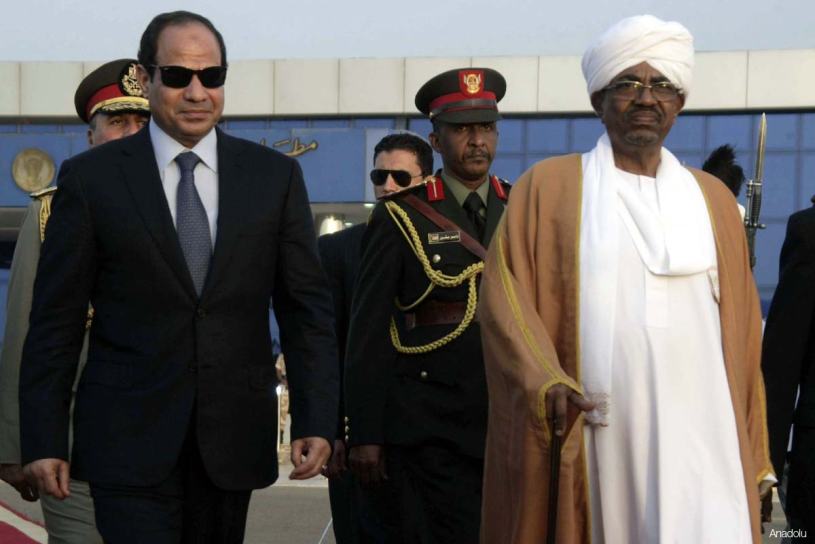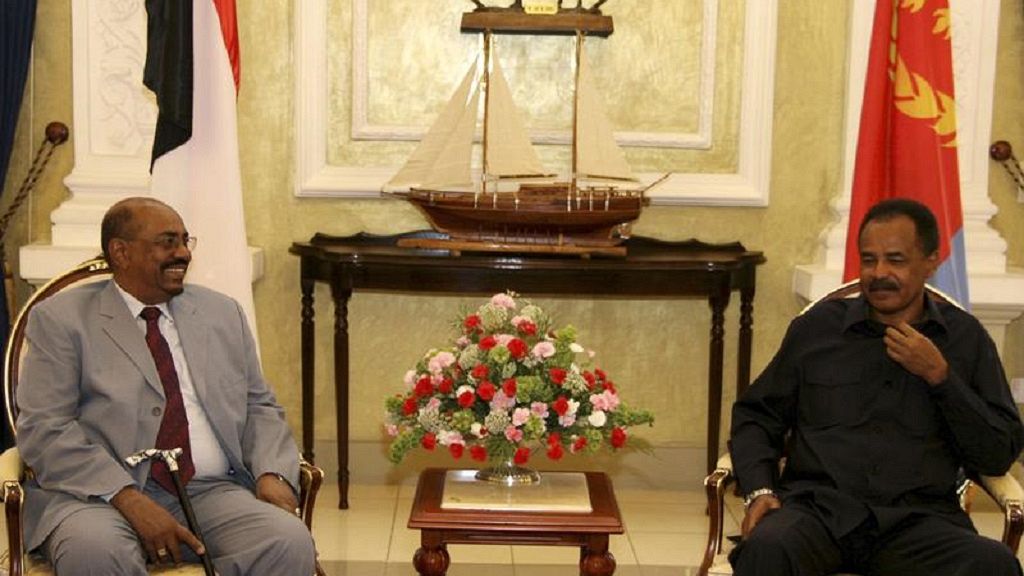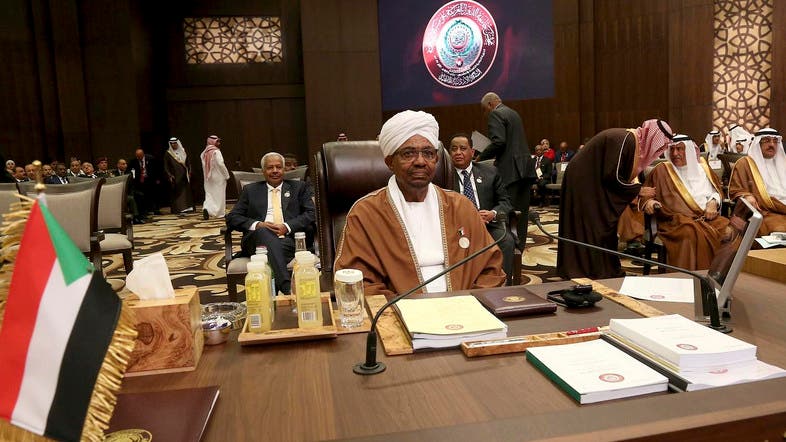Fact: Sudan has withdrawn its ambassador to Egypt ‘for consultations’. No explanation offered. So what is going on?
Here’s a stab at an analysis – without guarantees.
Sudan Tribune offers this as background, which centres on the disputed Halayeb triangle along their border, plus disputes over the Nile.
Others add a wider dimension: backing for the Muslim Brotherhood. More below.

Source: Sudan Tribune
January 3, 2018 (KHARTOUM) – The head of Sudan’s Technical Committee for Border Demarcation (TCBD) Abdalla al-Sadiq said Egypt’s actions in the disputed Halayeb triangle aim to provoke Sudan to engage in direct clashes.
The border triangle area of Halayeb, Abu Ramad and Shalateen, which is a 20,580 km area on the Red Sea, has been a contentious issue between Egypt and Sudan since 1958, shortly after Sudan gained its independence from the British-Egyptian rule in January 1956.
The area has been under Cairo’s full military control since the mid-1990’s following a Sudanese-backed attempt to kill the former Egyptian President Mohamed Hosni Mubarak.
Last month, Egypt’s Ministry of Water Resources and Irrigation announced that it would build a dam in Wadi Hodein, Shalateen area, to benefit from rainwater and floods.
The semi-official Sudan Media Center (SMC) Wednesday quoted al-Sadiq as saying the Egyptian authorities’ aggression in Halayeb triangle would be “counterproductive to Egypt”.
He described Egypt’s actions in Halayeb as “continued infringement on Sudanese territory”, saying the Egyptian aggression aims to drag Sudan to engage in direct clashes.
Al-Sadiq called for the need to resolve the issue through the peaceful means, underscoring Halayeb is a Sudanese territory and “we will restore it”.
Egypt continued to reject Sudan’s repeated calls for referring the dispute to international arbitration.
In April 2016, Cairo refused a demand by the Sudanese government to hold direct talks on Halayeb and Shalateen or to accept the referral of the dispute to the International Court of Arbitration.
The international law provides that the agreement of the two parties is needed to arbitrate a dispute with the tribunal.
In July last year, Sudan filed a notice with the UN, claiming that Egypt is occupying the triangle, and refusing to claim any rights for a third party.
In the same month, Cairo announced it would start oil and gas exploration in the Red Sea province, including the Halayeb triangle.
Tensions between Sudan and Egypt have escalated lately, due to several issues, including contention over their border, and Sudan’s support for Ethiopia in negotiations over the Ethiopian Renaissance Dam, which Cairo says will hurt its water needs.
The deterioration of bilateral relations between the two countries goes back to the attempt to assassinate President Hosni Mubarak in June 1995 followed by the deployment of Egyptian troops in Halayeb.
Since then, Khartoum has been moving to improve its ties with the eastern and western neighbours, instead of its strategic ties with Egypt.
Also, the Sudanese government recently signed investment agreements with Gulf countries. Accordingly, they will establish huge agricultural projects that require the full use of Sudan share of the Nile water, a move which is seen in Cairo as another threat to Egypt.
That’s Sudan Tribune’s take. But others see this as a dispute over the Muslim Brotherhood, which is banned in Egypt.
On the one side are states that support the Muslim Brotherhood: Turkey, Sudan, Qatar and the Palestinian group, Hamas. On the other side is Saudi Arabia, the United Arab Emirates, Bahrain, and Egypt.
This thesis is supported by an AP report stating that: “Pro-government media in Egypt have also decried a recent visit to Sudan by Turkey’s president, who is a harsh critic of Egyptian President Abdel-Fattah El-Sissi.”
Al-Jazeera – based in Qatar – provided this background to what was going on.
Why do Saudi Arabia and the United Arab Emirates dislike the Muslim Brotherhood?
In 2013, Saudi rulers threw their weight behind Egypt’s brutal crackdown on Muslim Brotherhood supporters. In March 2014, the kingdom designated the Muslim Brotherhood a “terrorist” group.
Analysts have concluded that a brand of Sunni Islamism that called for political participation and electoral legitimacy, of which the Muslim Brotherhood is perhaps the best example, was seen as almost an existential threat, because it offered a different model of Islamist politics to that of the Saudi state.
Certainly the Saudis consider the Muslim Brotherhood “terrorists” and designated them as such in 2014.
These divisions go back at least as far as the Arab Spring of December 2010 which was followed by Egypt’s suppression of the Muslim Brotherhood in July 2013.
Following the Egyptian coup, Qatar granted refuge to some Brotherhood leaders who escaped from Egypt, and Al Jazeera housed them in a five-star Doha hotel and granted them regular airtime for promoting their cause.
Which brings us back to Sudan. Why should the Sudanese be opposing the Egyptians? Because the Sudanese government is dominated by the National Islamic Front (NIF), which is an affiliate of the Muslim Brotherhood.
Hence the tension between Egypt and Sudan, with ramifications across the region.


































